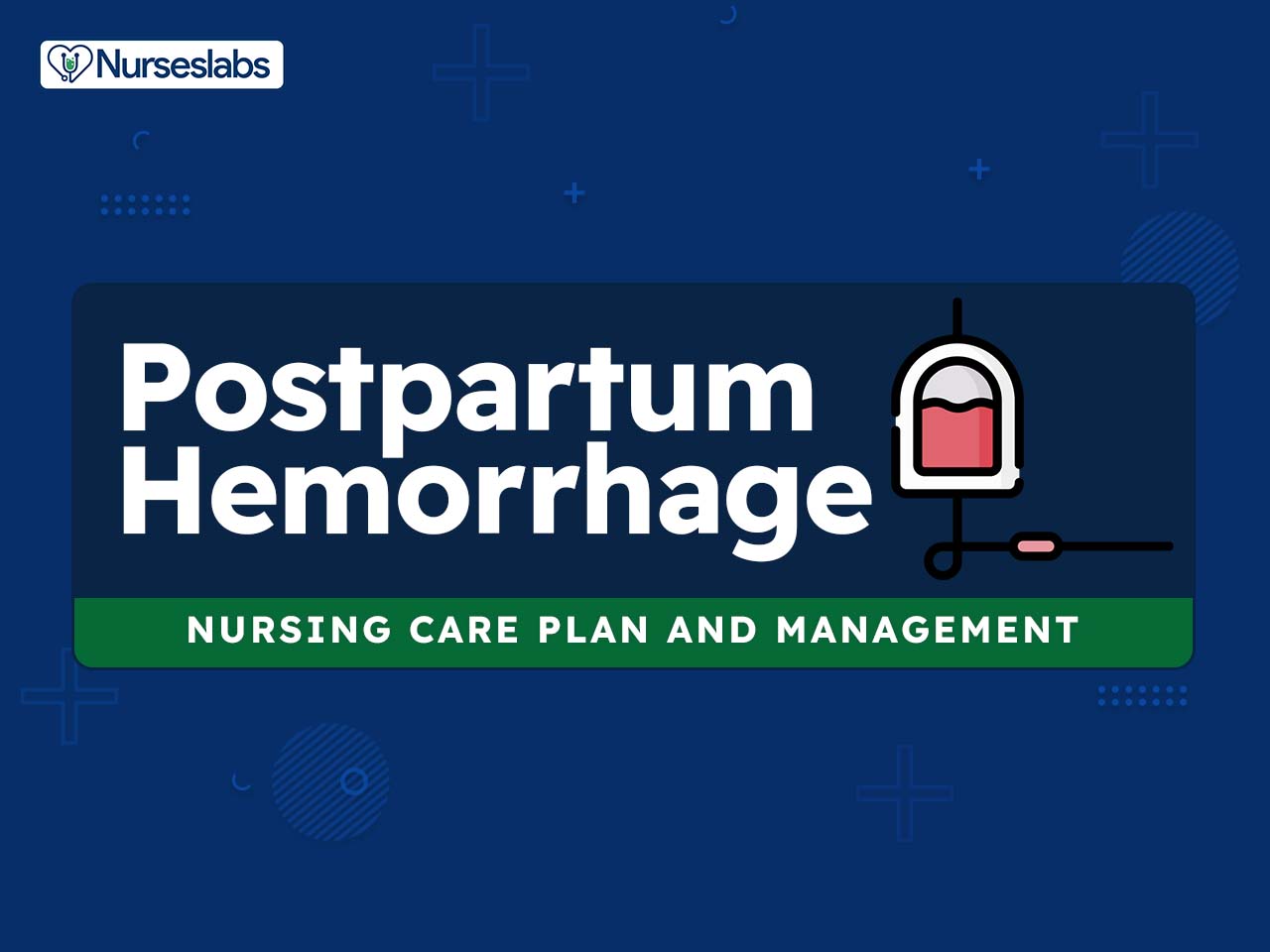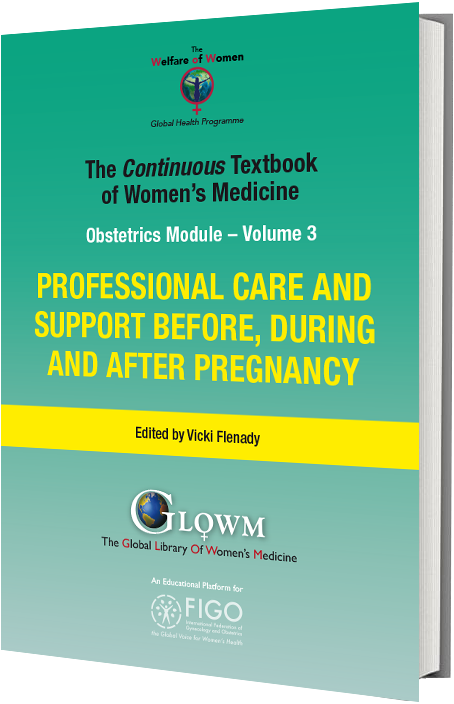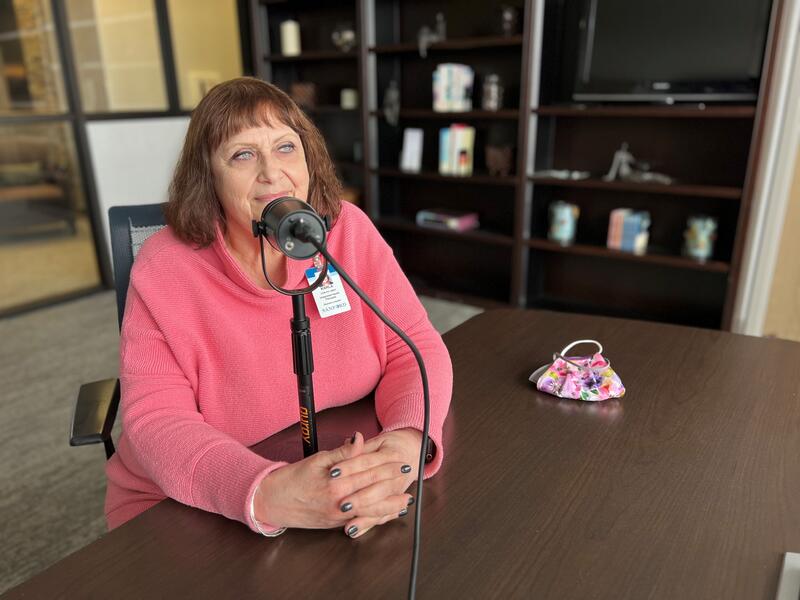8 Ways to Protect Your Mental Health in Your Postpartum Time - Better Beginnings
$ 11.50 · 4.6 (532) · In stock

In the postpartum world, there are two main categories of mental health that professionals like postpartum doulas are trained to recognize and discuss with clients. The first category is called the "Baby Blues" and 4 out of 5 new moms, or 80%, experience this stage. The Baby Blues usually go away on their own, and most parents don't need any formal treatment. Parents with the Baby Blues may feel sad and cry a lot, feel moody or cranky, have trouble sleeping, eating or making decisions, feel overwhelmed, or feel that they can’t do a good job of taking care of their baby. The Baby Blues can start 2 to 3 days after you have your baby and can last up to 2 weeks.
The Postpartum Therapist is a transparent and comical account of a therapist's struggle with postpartum anxiety and OCD. The book is filled with

The Postpartum Therapist: A humorous and honest approach to the postpartum life

AFTER YOU HAVE THE BABY

8 Postpartum Hemorrhage Nursing Care Plans - Nurseslabs

Postpartum Depression and the Baby Blues

Screening and Support for Mental Health Problems, Article

When Worrying About Your New Baby Becomes a Sign of Postpartum

10 Tips for Postpartum Wellness - Wildflower

8 Postnatal Exercises, Plus a Sample Workout You'll Love

Protecting our mental health postpartum - Sanford Health News

Mental Health Awareness Month Toolkit

Postpartum Mental Health - National Association of Nurse
Better Beginnings

Moms worry postpartum depression could mean losing their children - WHYY

Postpartum Period: The First 6 Weeks After Childbirth
